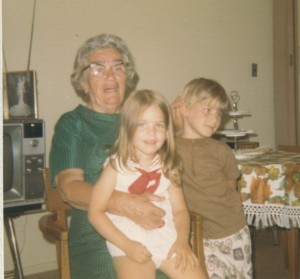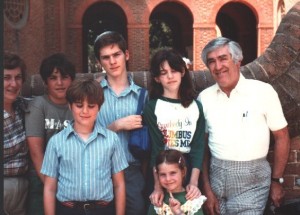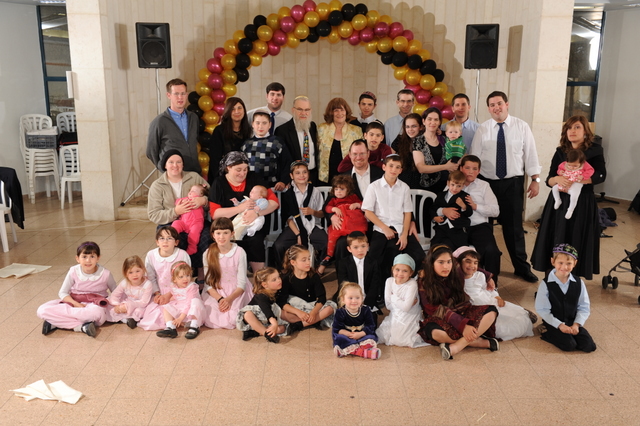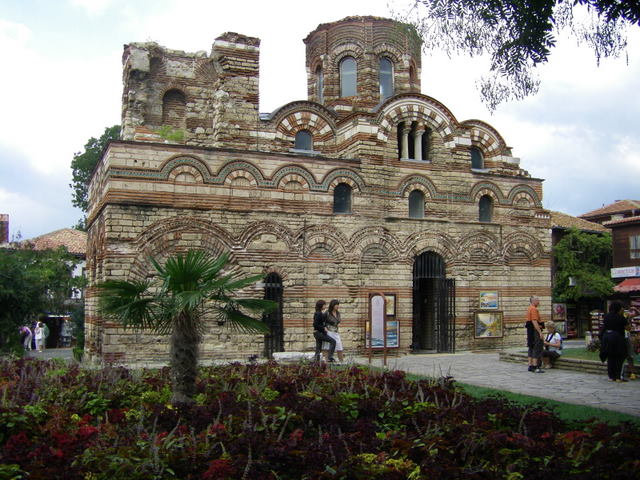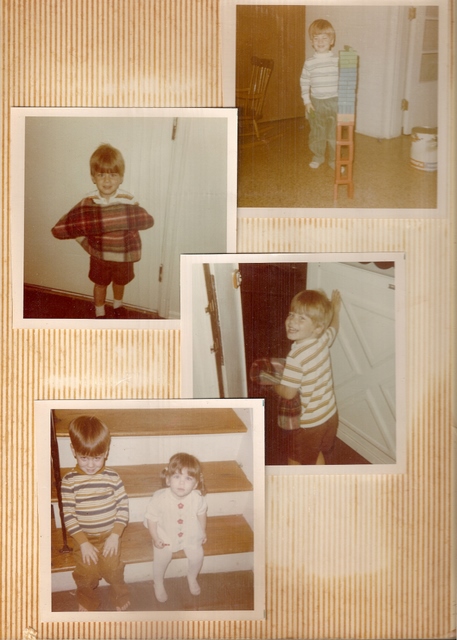For the past few years, I have had a membership to our local health club. At first I enjoyed swimming. But, after a while, it became boring. I next went to the weight room where I learned to pull muscles I had never known existed. My third try was in the room with the treadmills and bicycles. The treadmill was OK until one day an instructor told me that if I was walking at a rate of 5.5 kilometers per hour, I’d just as soon be lying at home in my bed for all the good it was doing me. So next I went to the stationary bike. That seemed to be the answer: good aerobic exercise, no hard pounding of joints, and my choice of 5 television screens to watch with matching audio channels to listen to with earphones. It worked. For a while. But then they tossed out the Hallmark Channel and replaced it with boring animal videos– the type where erudite men with British accents talk about the animal’s capacity to run, maim, and devour. On another screen was a talk show, hosted by a slightly overweight, good natured woman whose guests were all selling something. Much of the show was devoted to cooking and to various types of fashion shows, frequently of women’s underwear– which was somewhat unsettling to watch in a room full of sweaty males. There was, of course, the sports channel (who could forget that?) with games that have been played within recent weeks. There was also channel 2 TV– a relatively interesting channel, but not in the afternoons when it runs programs for teens that involve such things as algebra challenge and quizzes about what city in Israel is this. So what was left to watch? Martha Stewart. Need I say more? I really tried to give her a chance. I thought I was just feeling inferior, but no, that wasn’t it. I actually didn’t feel inferior. I felt like I was living in an alternate reality. I suppose it came to a head when one day she took us into her basement where in a room larger than our entire apartment block she had thirteen thousand sets of dishes, goblets, flatware, and Xmas decorations– all stacked and marked neatly. It was after that day that I noticed how she became passionate over an embossed greeting card, a plate of paella, or a piece of costume jewelry. All that and the chiropractor who was treating my leg convinced me it was time to go back to swimming. My joints were begging for soft, gentle exercise. Please. please.
So I started swimming once more. As I did the laps I thought “one…one…one…one…one…” (about 15 times, but who’s counting) on the first lap. And then I thought “two… two … two.. two..” on the second lap. I can’t say that there was much excitement when I found myself thinking, “thirty-four… thirty-four… thirty-four…” In fact, it was boring, deadly boring. My boredom is sometimes relieved by having to swim around someone who is really slow or endure being left in the wake of a fishlike humanoid, but generally, it is boring. My daughter has a waterproof MP3 player that seems more and more sensible by the day, but would I really listen to the music or would I find it annoying?
So I swim along and think about how my joints are happy, I am getting good aerobic exercise without sweating, and “forty-eight… forty-eight… forty eight…”



